An interesting case in Europe has concluded that clicking a complete order button doesn’t mean you have to pay for your purchase. Bol.com had a customer who placed an order for around 200 Euros but didn’t pay. Naturally Bol wanted the payment but the customer refused and won their case.
Earlier in April, the European Court of Justice ruled on a Booking.com case where a customer refused to pay for their hotel booking and in the case of Bol.com the judge leaned on the earlier ruling.
It’s all based around whether the wording of the buy button includes a commitment to pay and has potential ramifications for every ecommerce site across Europe. Bol previously had a ‘Complete order’ button but this has been changed to Order and Pay making it obvious that you are committing to give some money for the goods you expect the retailer or marketplace to ship.
Bol were surprised at the decision, saying that they felt it sufficiently clear that a consumer enters into a payment obligation when they complete an order. With 13 million customers it’s not surprising that they’d feel this way – it’s about as ludicrous as having “Caution Contents Hot” on coffee lids. But apparently we live in a world where if everything isn’t spelt out in minute detail that the consumer is the innocent party and considered too daft to realise the obvious.
If you run your own website, you might want to check exactly what your buy button says and consider changing it if it says complete order to include a commitment to pay. eBay have a Confirm and Pay button, but on Amazon the checkout button is still Buy Now, although you can’t buy without paying so some consumers might still claim to be surprised that money is taken from their bank account.
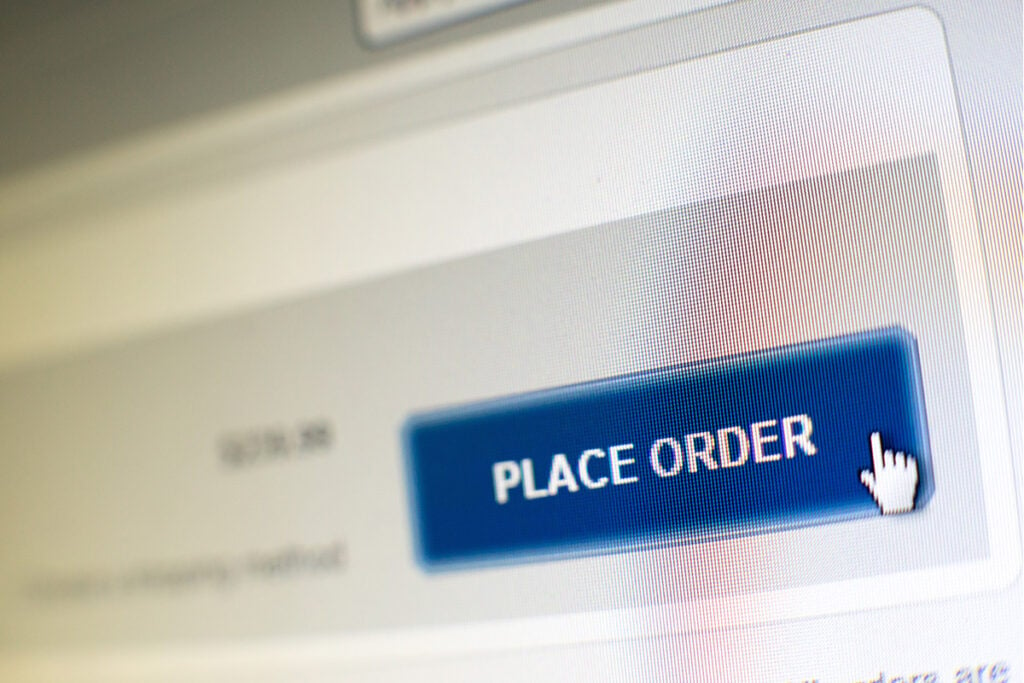

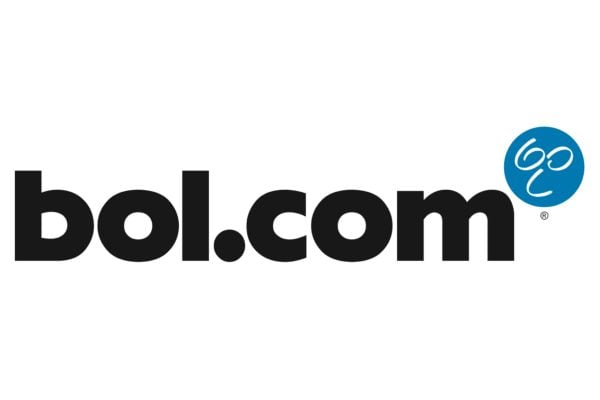

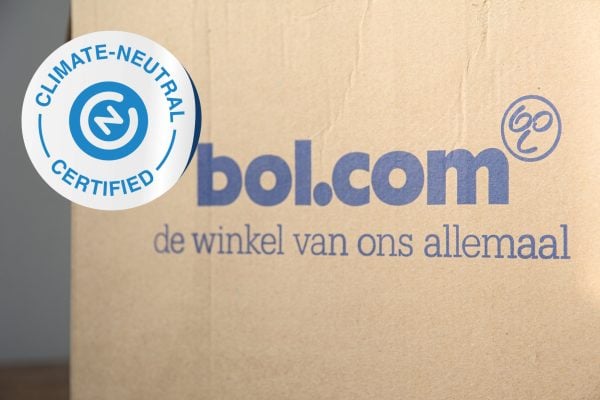
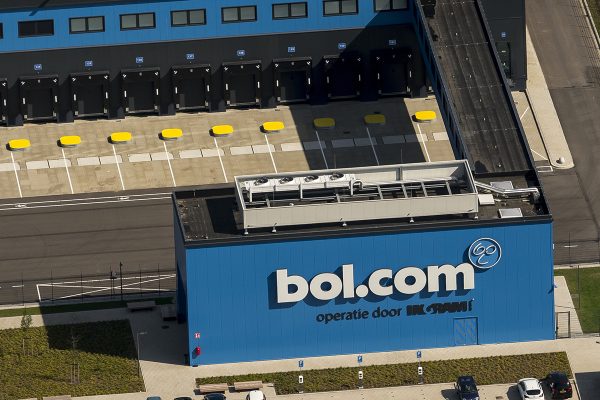



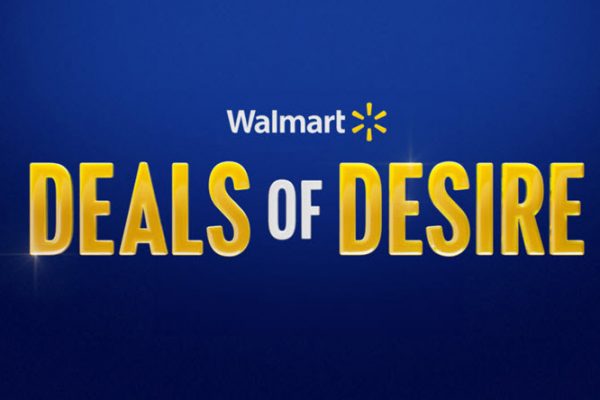
One Response
There is an issue here in that many ecommerce websites consider the ‘Buy’ or ‘Order’ button as an ‘Offer to buy’ and that the contract is not made until they have accepted the ‘Offer’. This is sometimes clear in the buying process but sometimes buried in their terms and conditions. When they pack or dispatch the item, the contract is made but if that is the case it is then that they should take payment. It protects them from being compelled to supply something they ultimately cannot due to stock-outs or whatever.
It is only when the offer is accepted that payment is due so this may be the differentiator that the court applied.